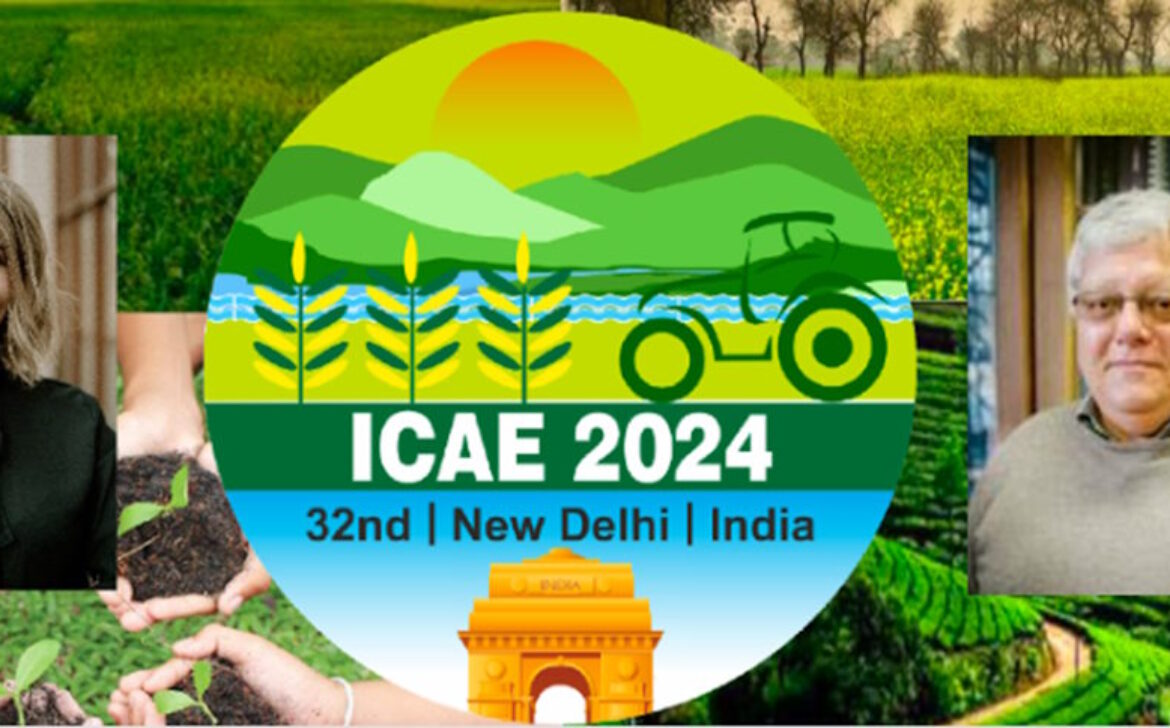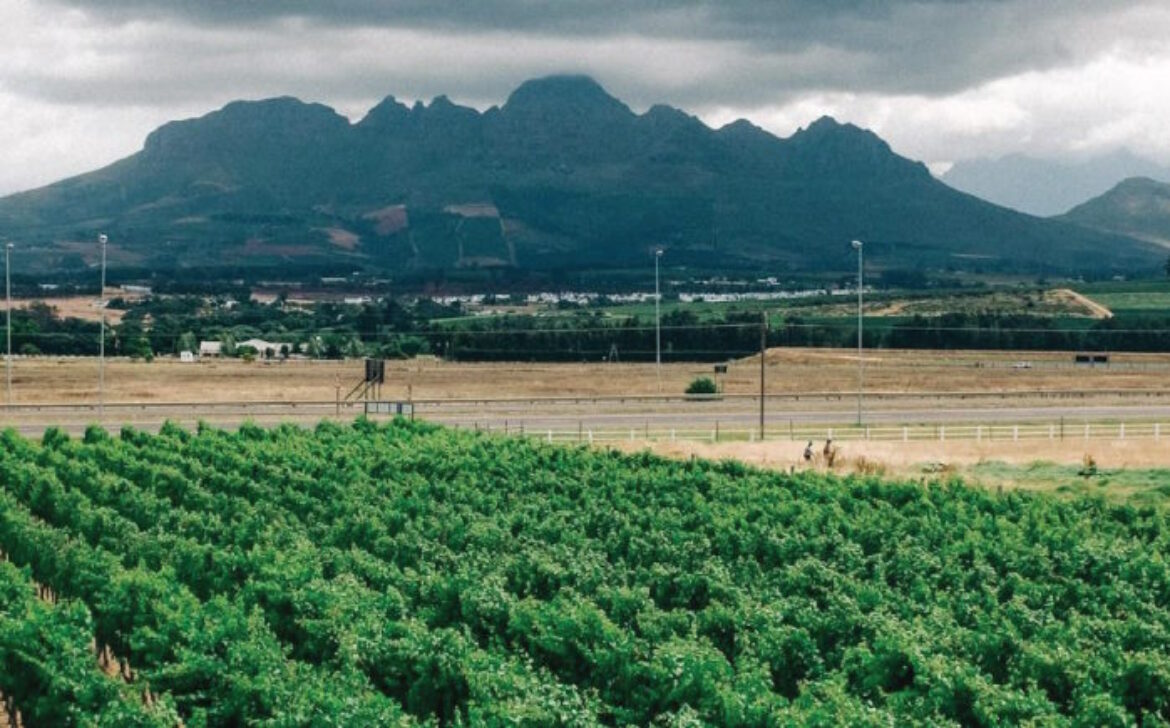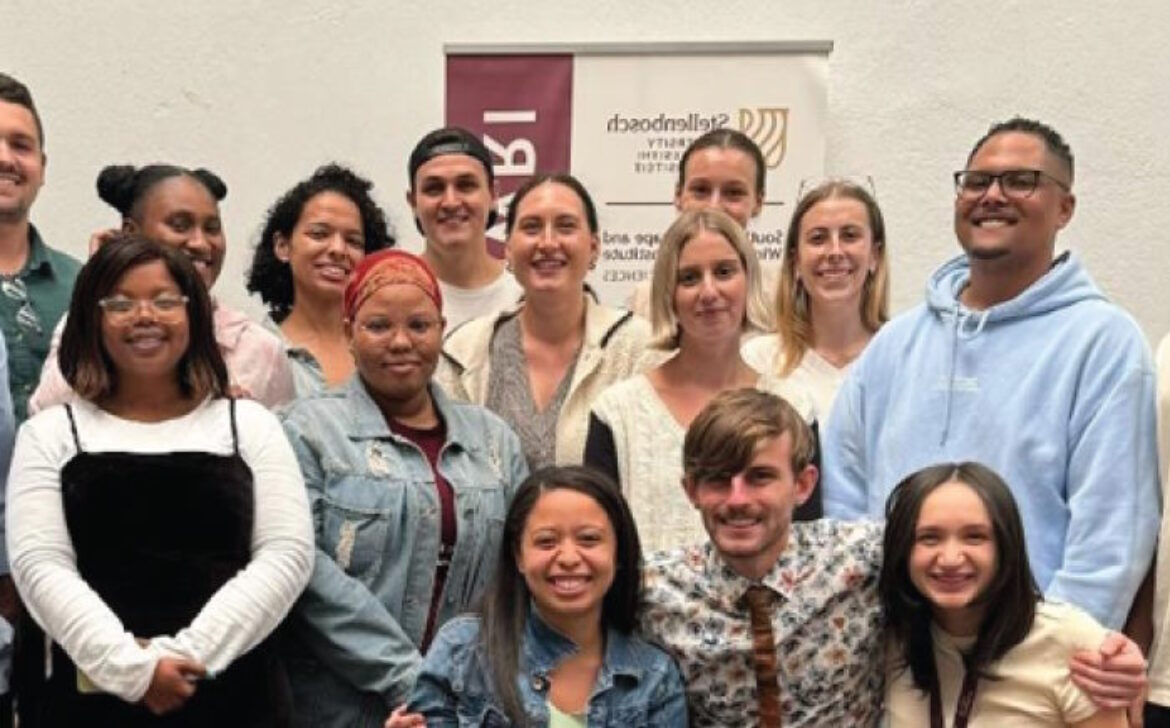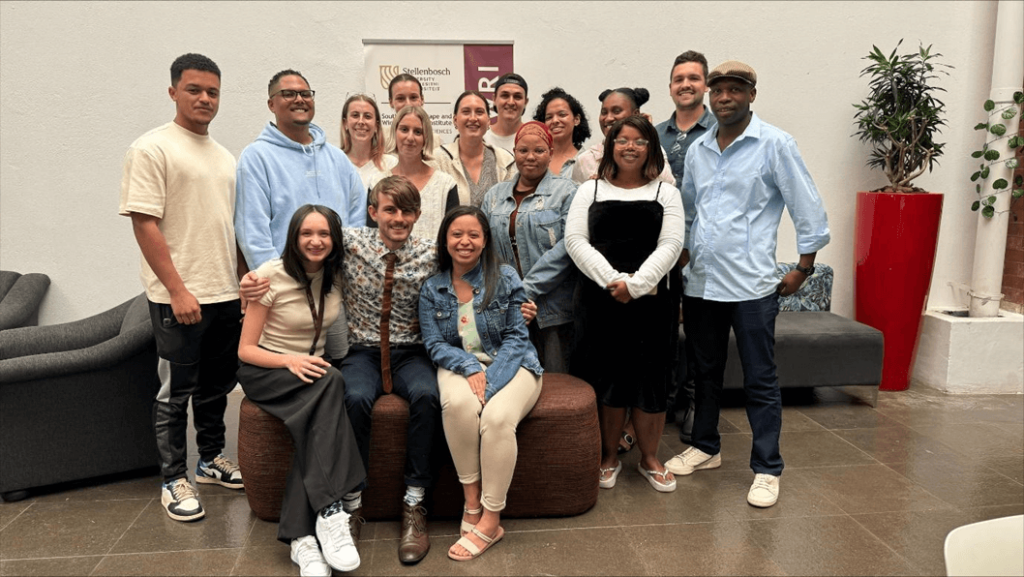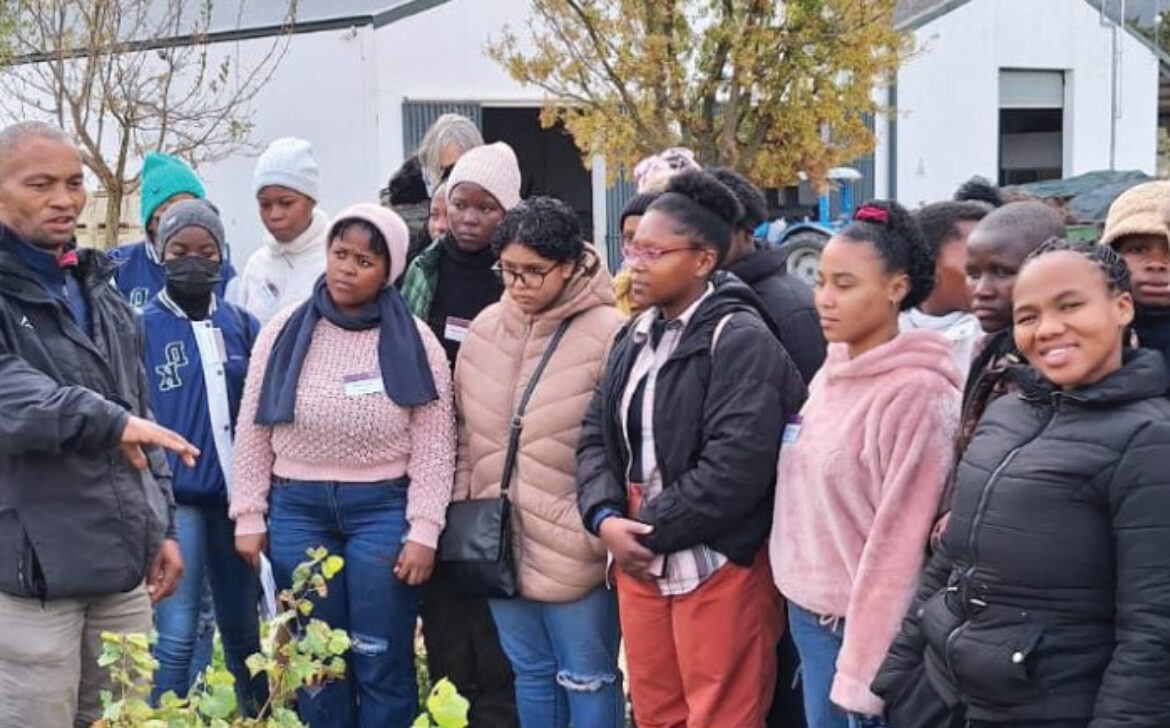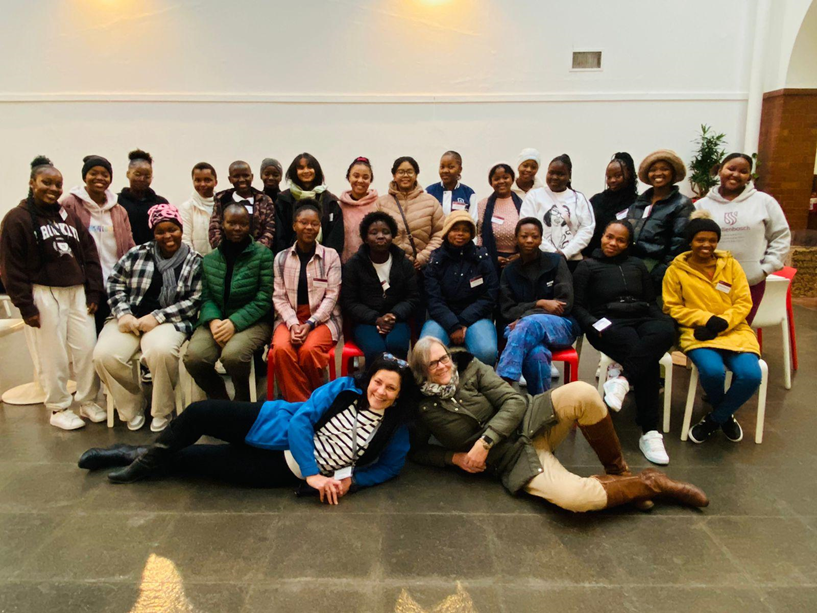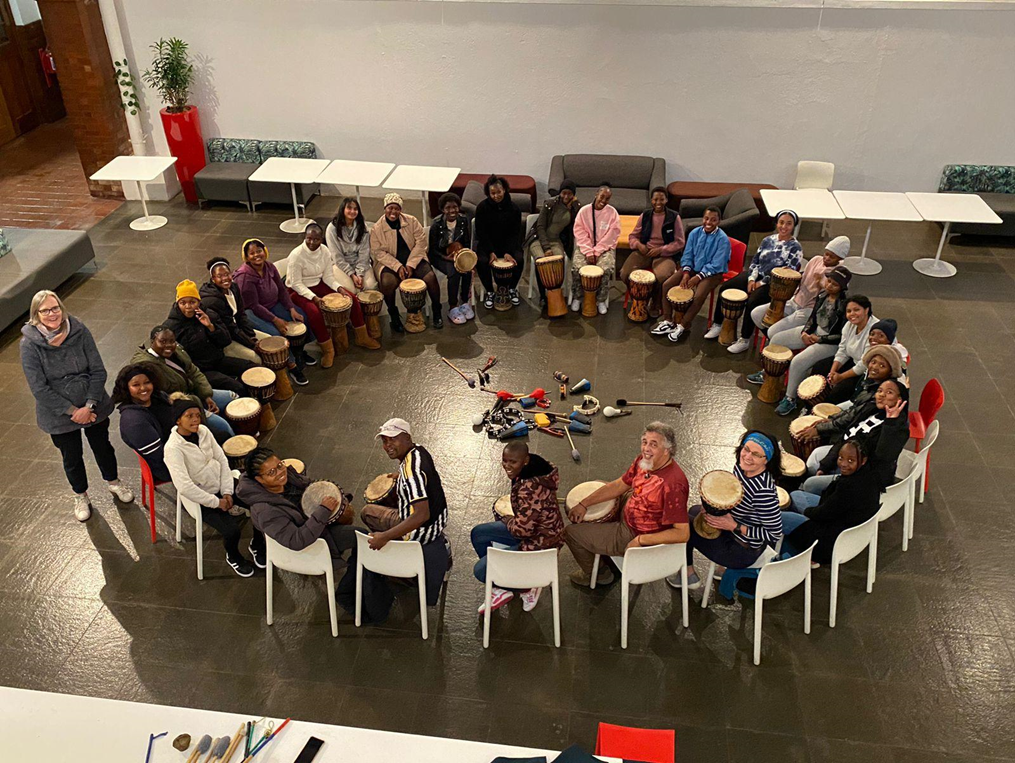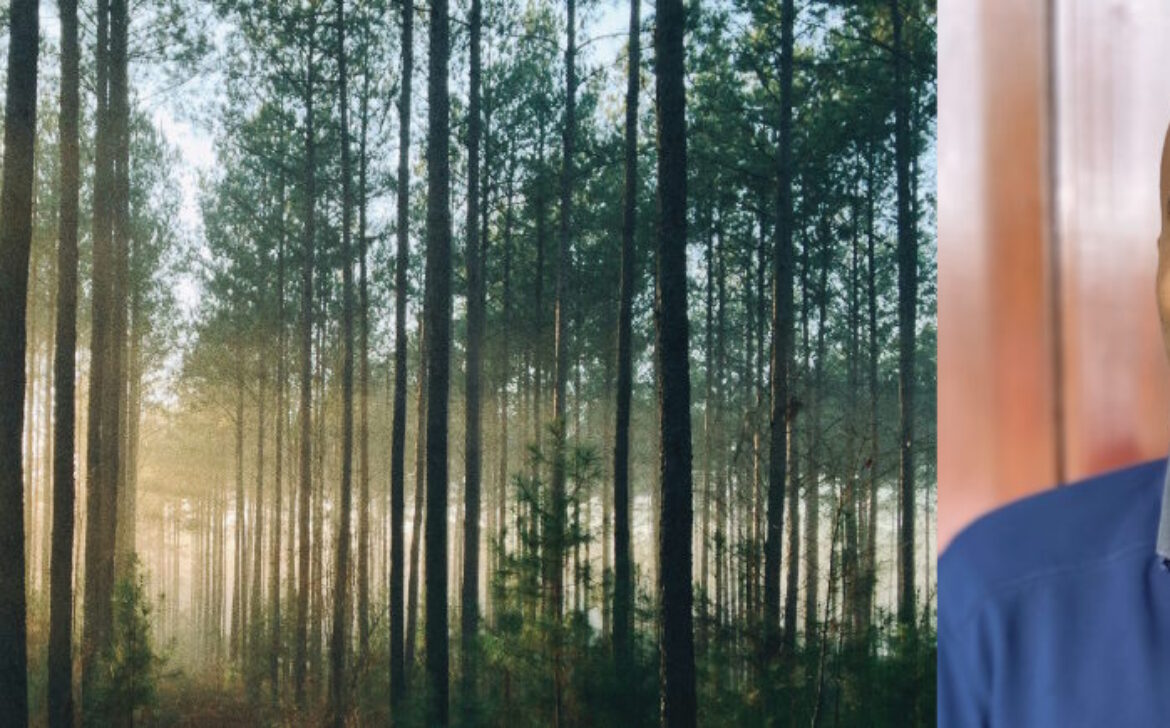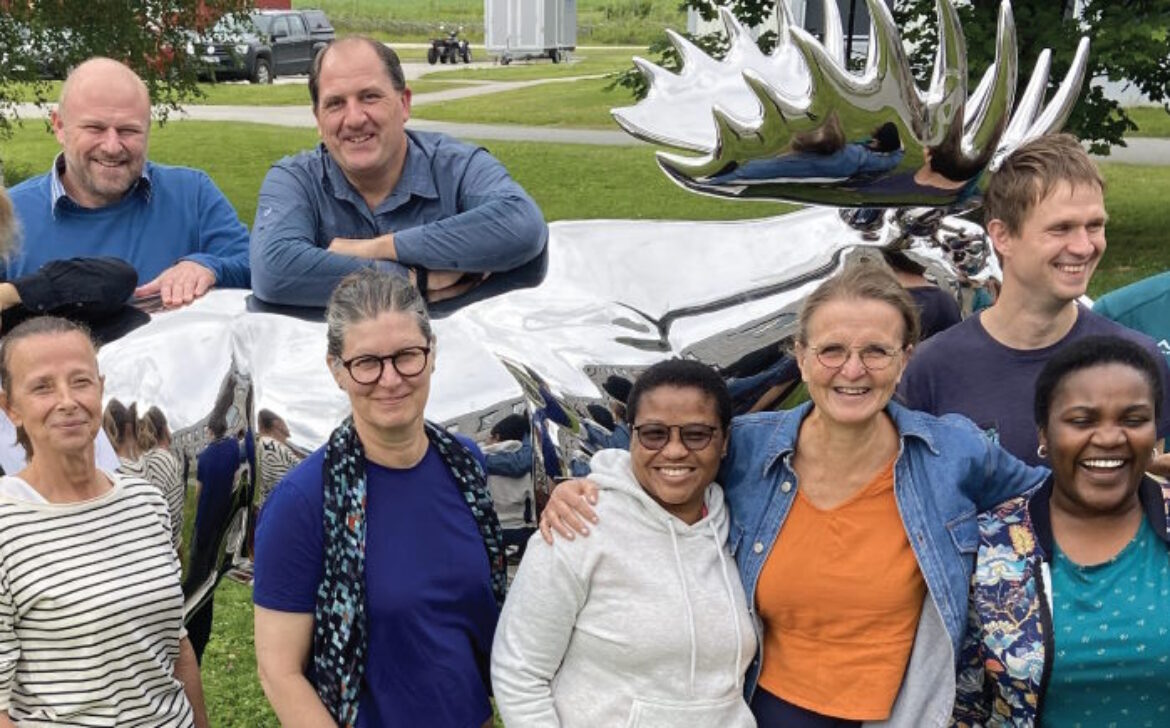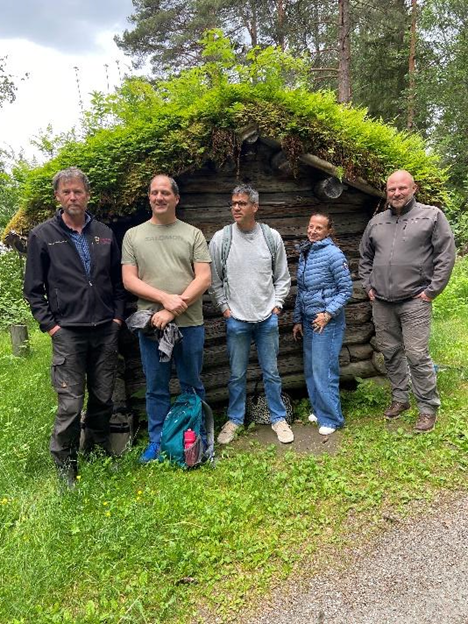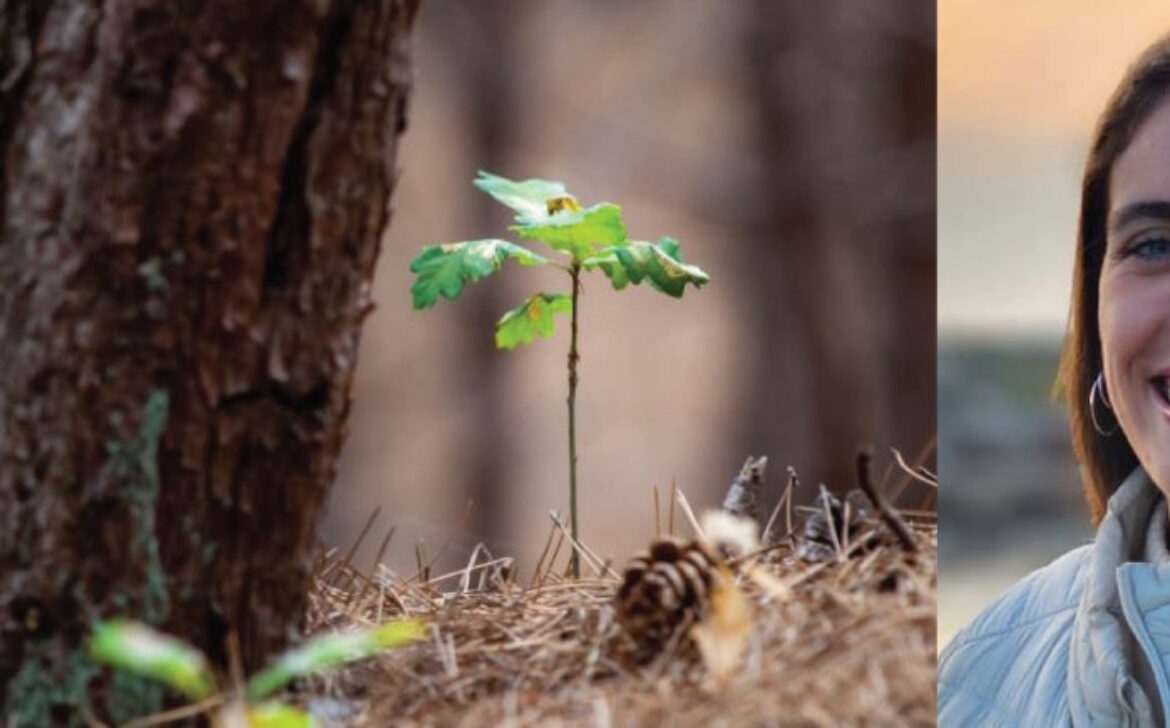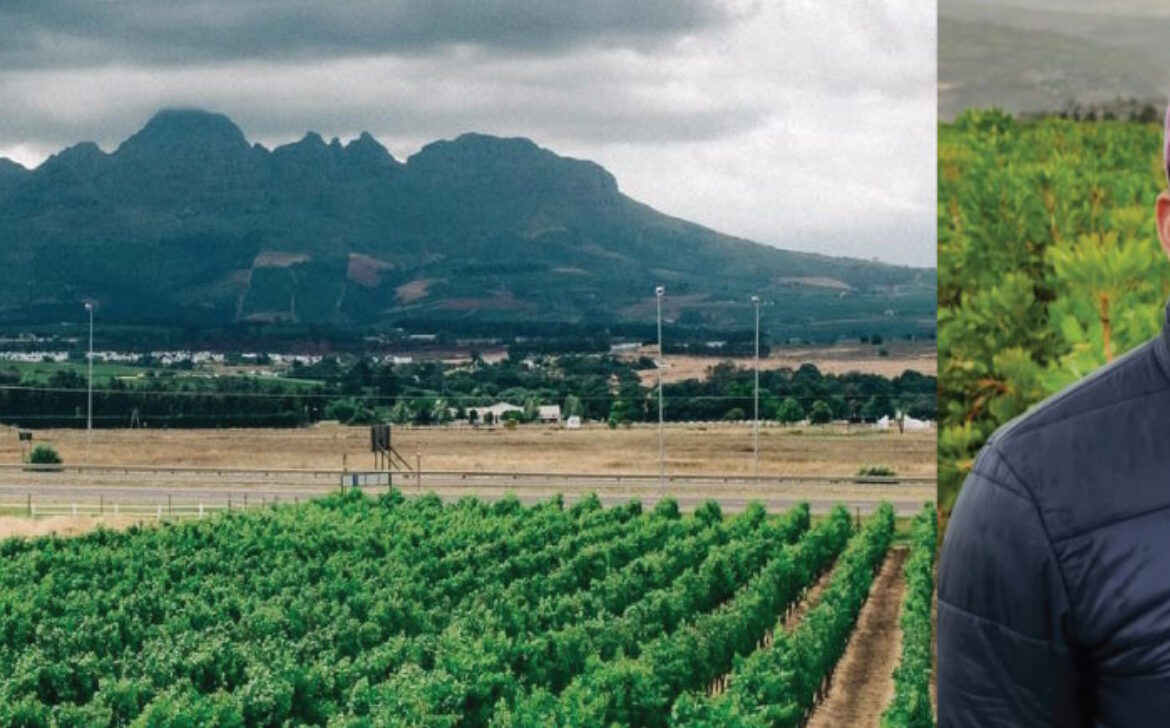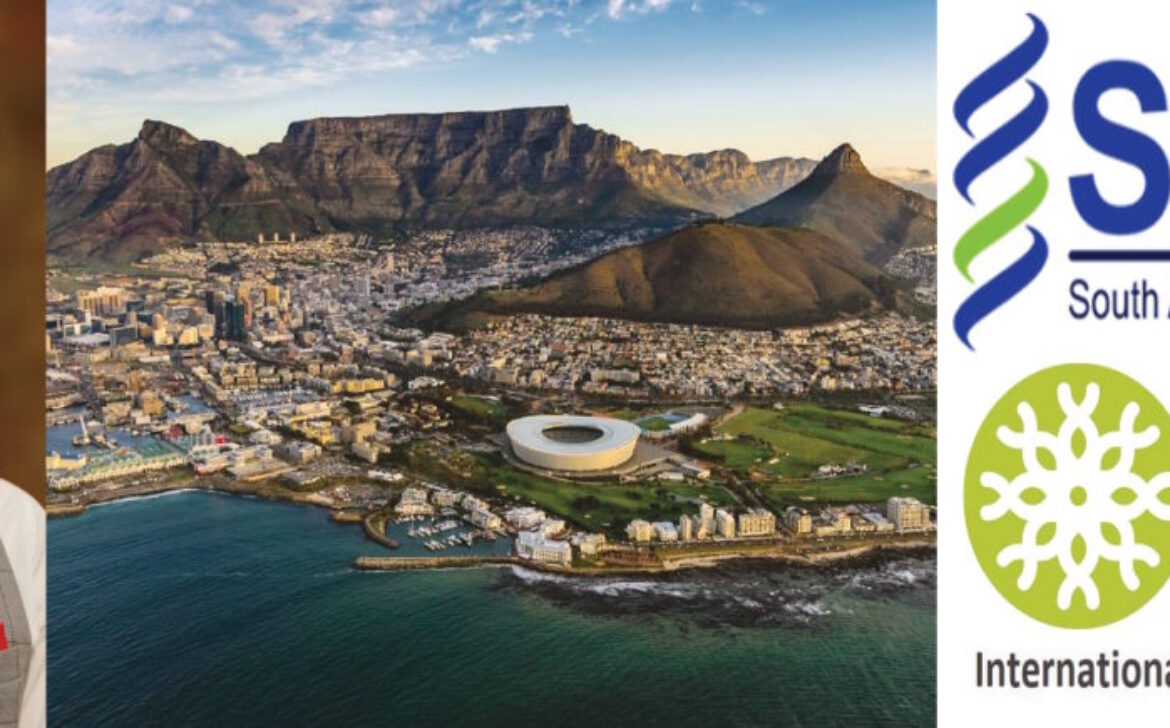The Faculty of the Future Initiative: Pioneering the Next Era of AgriSciences
As we look ahead, the agricultural sector is set to encounter a myriad of challenges—from the impacts of climate change to rapid technological advancements, from market fluctuations, and the increasing demand for sustainable practices. To continue leading in this dynamic environment, , the Faculty of AgriSciences must be prepared to adapt and evolve.
In response to these anticipated changes, the Dean and Chairpersons of the Faculty have launched a forward-thinking initiative called “Faculty of the Future.” This strategic initiative aims to design a comprehensive roadmap that will enable the Faculty of AgriSciences to sustainably meet the future needs of South Africa’s agriculture, food, fibre, and beverage industries. This roadmap will focus on strategic management, operational efficiency, and inform critical processes such as the Campus Renewal project and the repositioning of the Plant Science groupings.
Central to this initiative is the consideration of the Faculty’s Strategic Focus Areas. These areas, viewed from both disciplinary and interdisciplinary perspectives, will guide future resource and budget allocations, ensuring that human resources, infrastructure, and operations are optimally aligned for the future. Additionally, the initiative will emphasise the importance of external partnerships and networks, both within the industry and internationally, to enhance collaboration and innovation.
Our motivation is clear: to remain relevant and impactful, we must be ready to adapt to a rapidly changing world. The “Faculty of the Future” initiative is our commitment to enhancing the value proposition of SU AgriSciences, capitalising on our diverse skill sets and capacities to meet the evolving realities of the agricultural sector.
Leading this crucial project is a dedicated task team headed by André Jooste, with members including Pieter Gouws, Brink van Zyl, Gunnar Sigge, Melané Viviers, Altus Viljoen, Pieter Swanepoel and Wandile Sihlobo. This team is focused on identifying and developing the core disciplines necessary for the faculty’s continued success, assessing our current expertise, and pinpointing future-oriented competencies that will be essential moving forward.
As valued members of the Faculty, your involvement and insights will be crucial as we move progress with this important initiative. Together, we can ensure that AgriSciences remains at the forefront of agricultural research, education, and innovation, well-equipped to address the challenges of the future. A suitable time will be arranged for all faculty members to provide input, ensuring that everyone’s expertise and perspectives are considered to shaping the future of our Faculty.
Article supplied by Prof André Jooste
For enquiries: Prof André Jooste joostea@sun.ac.za



